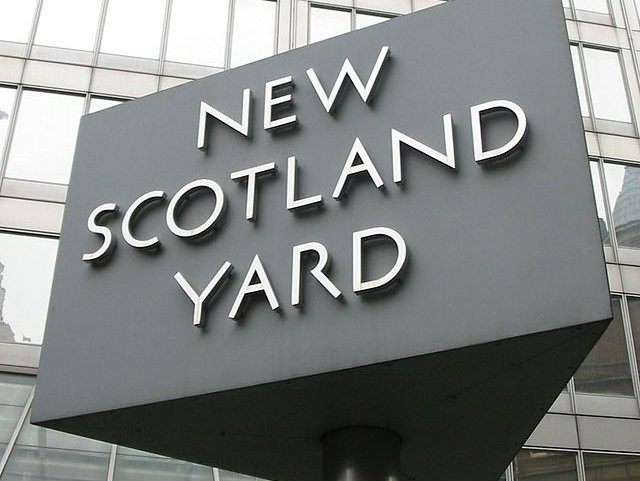It’s OK. The police watchdog has got this. Rest assured every lead will be followed, names will be named and lessons well and truly learned. So there. Feeling better now? No, me neither.
Alleged corruption in the Metropolitan Police, including 14 individual claims it covered up child sex offences because MPs and police officers were involved, is being investigated by the Independent Police Complaints Commission (IPCC).
The investigation, known as Operation Fairbank, examines historical child sex abuse allegations involving senior politicians and other public figures that date back to the 1970s.
The terms of reference were announced on Monday and soothing noises made that the police are more than capable of investigating themselves, thank you very much, so we should all move on and just let them get on with their very important work.
Except it’s not that easy for some to be instantly mollified by official assurances. Like Peter Saunders, chief executive of the National Association for People Abused in Childhood (Napac), who said the corruption allegations could lead to “absolutely massive” revelations – as long as the investigation is allowed to proceed without hindrance.
He said people calling the Napac helpline had made allegations about “high-profile” people, including politicians, for years and that he had wondered “if the truth was ever going to come out”.
Here is a quick snapshot of those claims, courtesy of the original IPCC press announcement, examining a potential cover-up linked to “failures to properly investigate child sex abuse offences in south London and further information about criminal allegations against a politician being dropped.”
A claim that an investigation into young men being targeted at the Dolphin Square flats in Pimlico, south-west London, was halted because “officers were too near prominent people.”
An allegation that a document from the Houses of Parliament was found at a paedophile’s address linking “highly-prominent individuals”, including MPs and senior police officers, to a paedophile ring but no further action was taken.
Alleged alteration of a child sex abuse victim’s account to remove the name of a senior politician
Alleged child sex abuse by a senior politician and a subsequent cover-up of the alleged crimes.
Claims that a surveillance operation of a child abuse ring was shut down due to “high-profile people being involved.”
An allegation that police officers sexually abused a boy and carried out surveillance on him.
Labour MP for Rochdale Simon Danczuk, for one, is confident that the truth is out there somewhere. He told BBC Radio 4’s World at One the investigation was a “significant development”.
Mr Danczuk, who had been calling for such an inquiry, said: “We are on the cusp of finding out exactly what went on in the 70s and 1980s and, I’m sorry to say, I think it will be shown that senior politicians were involved in abuse and there was a cover up. I think that’s inevitable now.”
I do hope he is right.
Unfortunately the IPCC announcement was made on the same day the BBC Newsnight programme revealed Cyril Smith was arrested at a sex party with teenage boys but police were told to cover it up and the evidence was destroyed.
The 29-stone Liberal MP was snared in the early 1980s by an undercover police operation gathering evidence of child abuse only to be released without charge.
According to BBC’s Newsnight, Smith was seized at a house in Streatham. But within hours of being taken to a police station he was released, with officers being ordered to hand over all their evidence – including notebooks and video footage.
They were then warned to keep quiet about the investigation into the Smith or face prosecution under the Official Secrets Act. The Rochdale MP died in 2010.
Only now can these revelations be made of possible police complicity in covering up alleged historic sex crimes against minors committed by senior politicians. And as always, the police will be left to conduct the investigation into the police and the public will have to await the outcome of the final report.
Trouble is, just like students who mark their own homework, you have to wonder if critical self-examination is really a strong point for today’s police. Their reflexive tendency is to find nobody at fault, nobody to blame and nobody to hold accountable.
Maybe the time has assign police from outside jurisdictions to do the hard work that the Metropolitan Police investigators are being tasked to carry out against their own.
Here’s why.
The biggest police anti-corruption investigation in modern history was Operation Countryman which focused on links between police and the criminal underworld.
The investigation, which cost £3million and was conducted over four years until 1982, saw eight officers being prosecuted.
None was convicted.

COMMENTS
Please let us know if you're having issues with commenting.